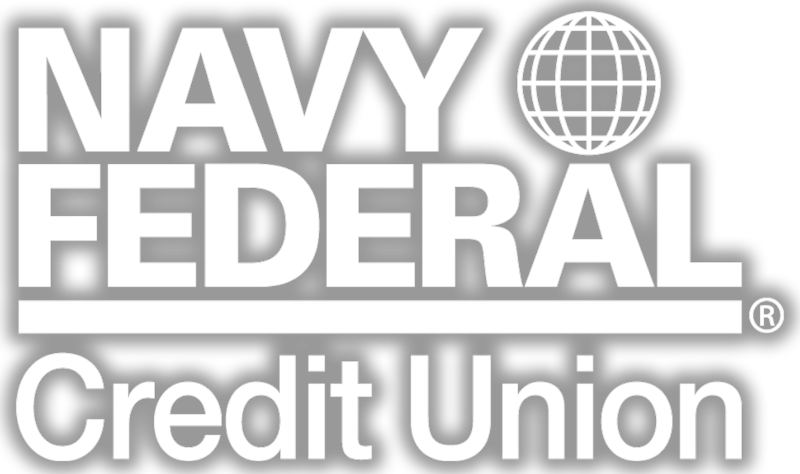If you feel like your personal finance skills are stuck in basic training, you’re not alone. Taking your skills to the next level takes discipline and determination. The good news is these values are part of military life and should come naturally as your career continues.
Let’s say you’re managing your money on a day to day basis, and everything is going well. What’s your next step? How can you take your savings to the next level? Your course of action can be broken down into a few simple steps.
Budget ahead
Your daily budget is a great start, but to be a true master of finance you’ll need to budget for the future. You can start by looking a few months ahead.
A few questions you’ll want to ask:
- When do your pay periods fall?
- When are your bills due?
- Do you have any major financial commitments, such as a vacation or unexpected appointment?
By asking yourself these questions, you’ll know what your financial picture will look like down the road.
Budgeting takes practice, so don’t be deterred if you’re slow to start. If you need inspiration, look online for budgeting worksheets and resources to help you plan. Financial stability starts with planning for what your account balance will look like in the future.
Cutting cable, buying in bulk and resisting the temptation of eating out are all great ways to start budgeting. You can even set goals and priorities.
Stay positive – literally
Seeing a paycheck deposited in your account is a great feeling. Hopefully, it means your contributing to a positive balance!
You can keep that positive feeling by looking ahead to your upcoming paychecks. You’ll need to account for expenses, but knowing you can stay on a positive roll is important for saving.
After you’re expenses are paid, look for wiggle room in your budget. Money left after the bills are paid is ideal for building savings. Being smart with your discretionary income goes a long way.
If your current budget doesn’t provide any wiggle room, then there are a few things you can do. Try cutting cable, buying groceries in bulk or avoiding eating out. Small changes in lifestyle can really improve your bottom line.
Next level savings
Your savings can serve many purposes, so having a strategy and purpose is key. One primary reason for a savings account is an emergency fund. This is your rainy day fund, and it’s meant to be used only for life’s unexpected costs. These are things like car issues, home repairs or unplanned health bills.
You’ll want at least 3 to 6 month’s pay in this account. It could help you avoid overdrafting an account or charging a large expense to your credit card.
Another great purpose for saving is for a vacation, holiday or large purchase like a TV or new home appliance. While you may be eager to save for things like this, be sure you’re emergency fund is taken care of before you tap into savings.
Use credit responsibly
Once your budget is squared away, it’s time to advance your credit practices. Use the skills you’ve been learning to save and budget when you start handling larger expenses. By using your credit card, you can benefit from perks such as travel rewards and points.
While a credit card is a powerful financial tool, remember to be responsible with it. Try to pay off your balance on time and in full so you can build on your credit score and avoid paying interest.
At the end of the day, everyone’s financial situation will be unique. But if you follow this financial path, you can move towards becoming a master of your savings and budget.
Remember to talk to your trusted financial institution for guidance through this process. They should be able to assist you with your finances as you manage your budget. Be confident knowing you have the savings and the support team to build great habits.
You may also like:
- 6 Days of Saving: Supporting Military Savers
- Make saving with certificates your next great habit
- Savings Calculators
Navy Federal is federally insured by NCUA.
.






